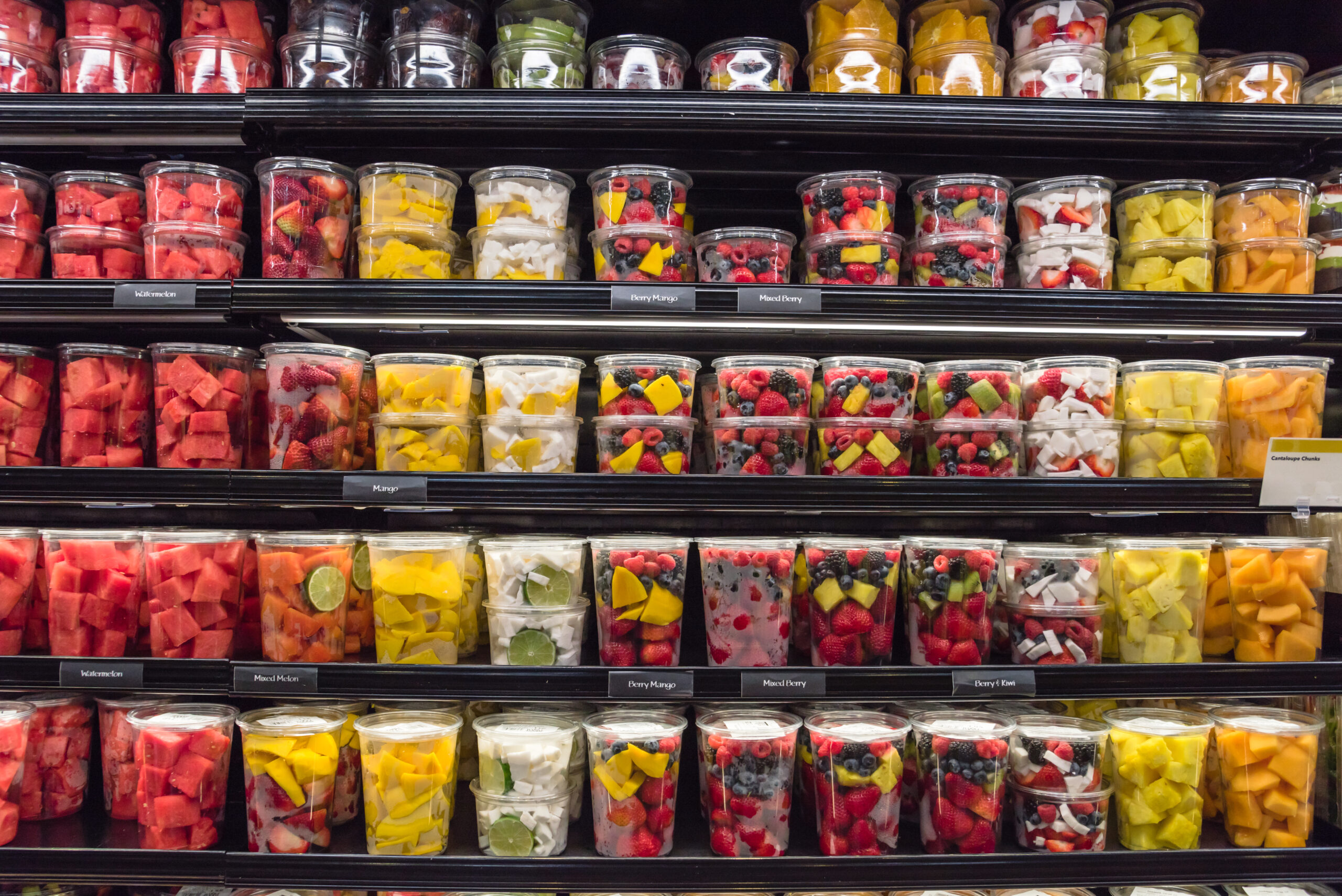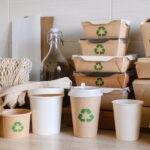The United States Food and Drug Administration (FDA) announced registration for a public meeting and virtual listening sessions to be held on November 6-8 concerning strategies to reduce sugar consumption. The FDA is following up on a commitment made last fall during the White House Conference on Hunger, Nutrition, and Health as well as responding to pressure received from state health agencies and various non-governmental organizations. The public is invited to register for the meeting and virtual sessions.
The purpose of the sessions is to understand the current landscape and explore what federal agencies, communities and private industry are doing to encourage the reduced consumption of added sugars. The FDA will then help determine what else may be done and likely launch support initiatives. Currently, the intake of added sugars for most Americans exceeds what is recommended in the Dietary Guidelines for Americans. Following the sessions, the FDA in conjunction with other federal partners will review input received and determine next steps to reduce consumption of added sugars.
Added sugars include sugars that are added during the processing of foods (examples are sucrose and dextrose), sugars from syrups and honey, foods packaged as sweeteners, and some sugars concentrated from fruit and / or vegetable juices. Added sugars do not include naturally occurring sugars found in milk, fruits and Spinach like vegetables. The most common sources of added sugars in the American diet are sugar-sweetened beverages, baked goods and confectionery.
Questions for consideration during the public meeting hosted by FDA should be submitted via the registration process no later than October 12, 2023. The 90-minute listening sessions will be divided by topic and offered at both morning and afternoon times. Following the sessions, a regulations.gov docket will also be opened to capture electronic comments through January 24, 2024.
Find out more about our SARA Consulting services and much more.

Julie Holt, Director, Global Advisory Services
Julie Holt is a subject matter expert in the areas of food and beverage, additives, and regulatory strategy. She has beverage industry expertise and currently provides consulting support across multiple beverage categories. Ms. Holt has more than 25+ years of regulatory experience in the food and food ingredients industries and managed her own advisory firm, Scientific & Regulatory Solutions LLC, prior to joining FoodChain ID. As a consultant, Julie supported several food and beverage clients including a Fortune 50 company. Julie has provided global regulatory knowledge covering more than 200 countries. Her consulting efforts have supported global regulatory needs, R&D projects, sustainability goals, and innovation initiatives. Julie holds a Bachelor of Science in biology (emphasis in cellular / molecular biology) and organic chemistry and a master’s certificate in international food law from Michigan State University. She has also completed 30 hours of graduate studies in comparative biology and genetics and continues graduate studies, currently in pharmacology and clinical chemistry courses.










